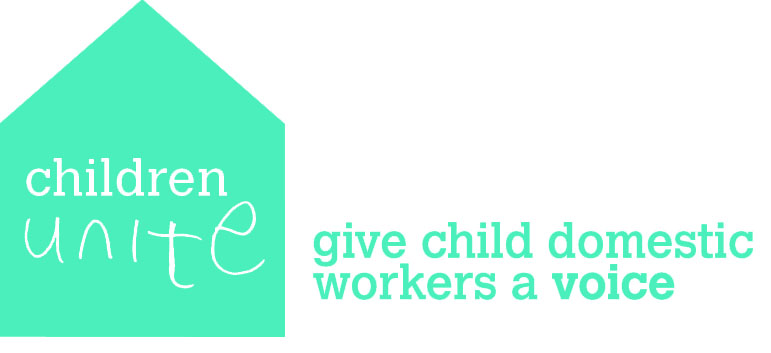 |
| The children's empty classroom! |
But I digress...I don't really know what from but I feel like I should get back to my initial thoughts about the photos. When I looked at the photos I did feel a sense of connection to the typical 'child domestic worker' that I have read about (mainly through the various articles/handbooks etc. that Jonathan has written!). In theory, I know that child domestic workers tend to have low self esteem, they are used to being treated as second class by their employer's whole family, they are discriminated against because of their background (for example in Nepal, domestic workers from the 'untouchable' caste, are not able to work in kitchens because they will be touching the same utensils that higher caste members will use to eat from). In practice, when I met these children they were 'real' children, some were a little bit shy, some more boisterous, some were smiley and some were not. The photos reminded me that sometimes you can build up a theoretical picture of a child - a child domestic worker, a child with 'multiple needs', a victim of trafficking etc. that is so intimidating you are 'scared' of this child. But, when you meet one of these 'typical children' they are a human being and although, theoretically, they fit all these categories (just as we all fit into various categories) you are a human being too and as human beings we can connect....through a smile, through taking a photo, a giggle. In my case, it is often through embarrassing myself. Before we took the photos I asked the children to teach me Nepalese words for animals - each time I learned a word, I acted it out. Chicken was the one that made them laugh the most (although personally I was rather pleased with my goat)!
